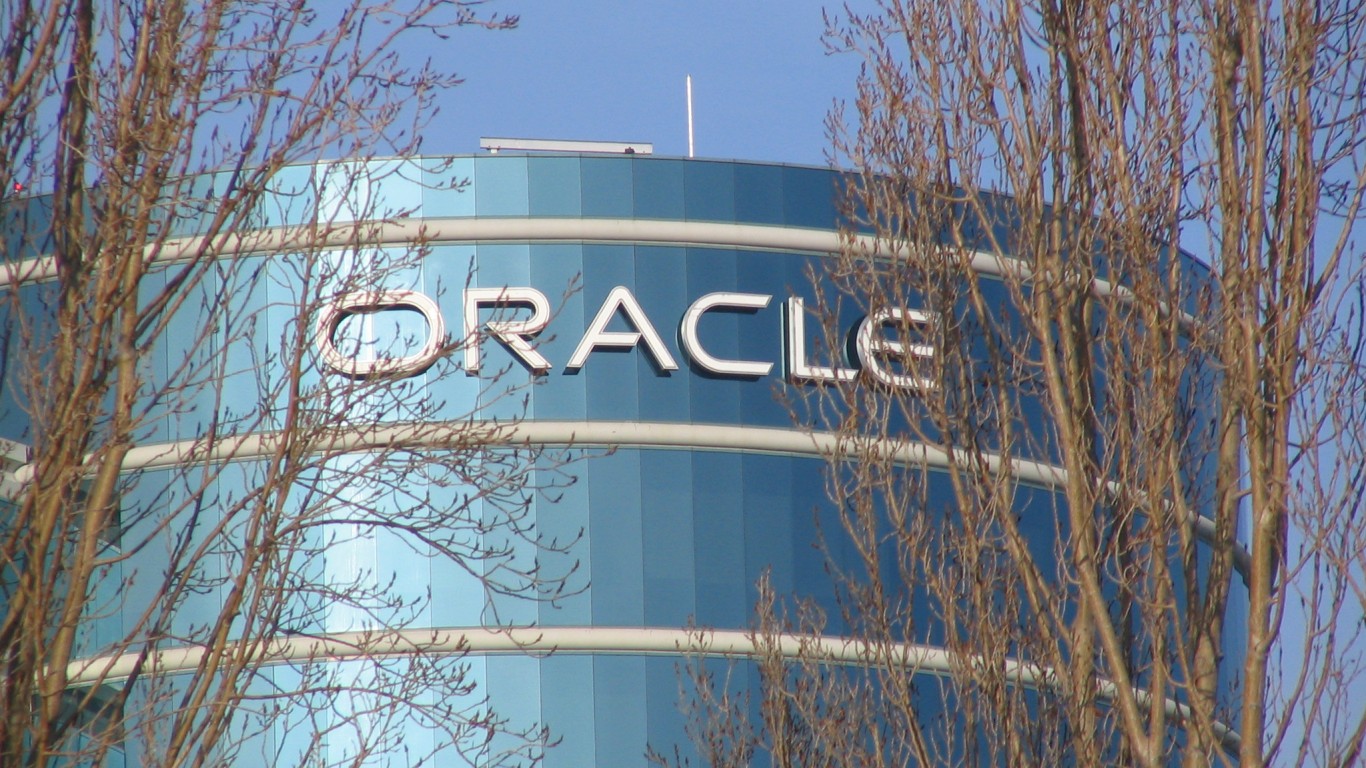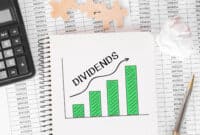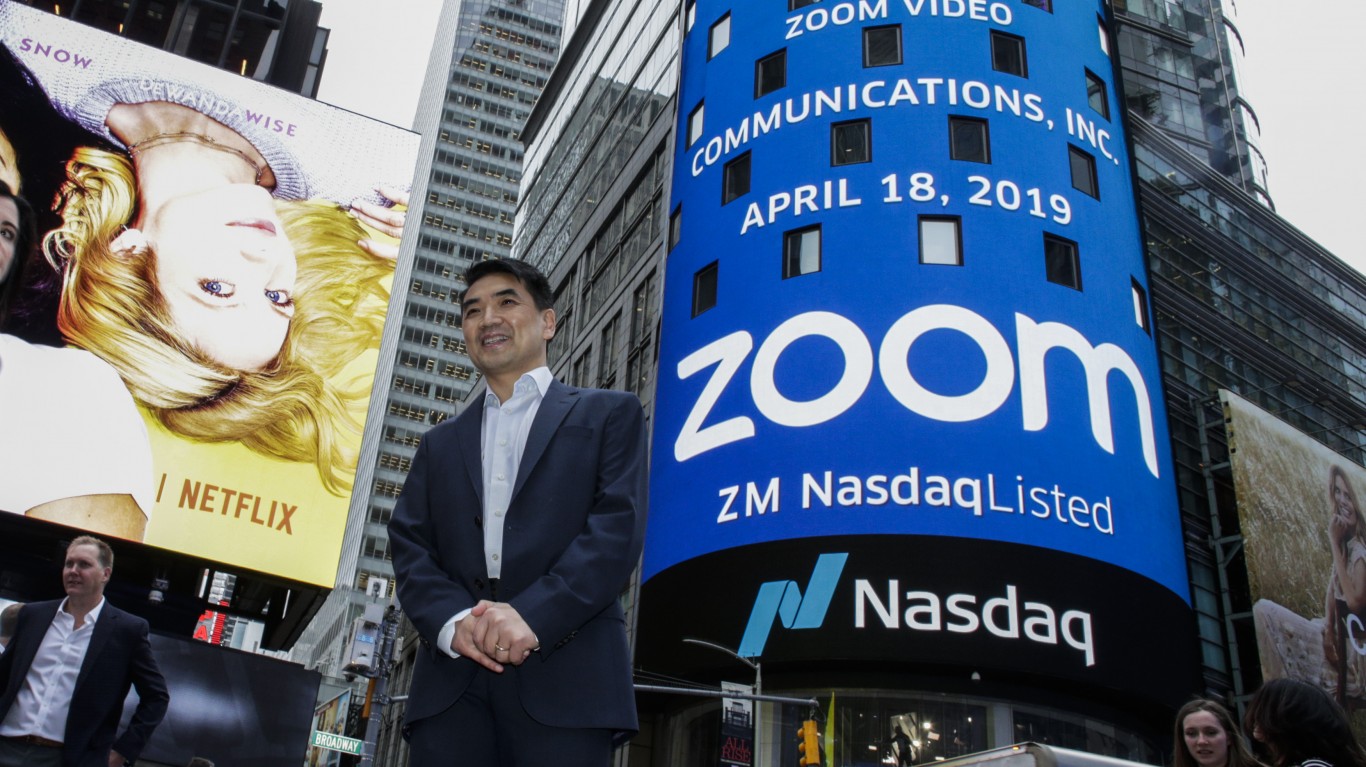
A “shakeout” refers to a sudden and sharp decrease in the price of a stock or market, followed by an equally quick recovery. The shakeout phenomenon is characterized by the initial plunge in the stock, which causes panic selling among inexperienced investors or “weak hands”. Shakeouts can occur due to various factors such as negative news, economic uncertainty, geopolitical events, a “fat finger” (accidental trade), or for no reason at all (the market is the master manipulator).
Regardless of the reason, shakeouts tend to have three key traits, including:
· A Wide Price Range: The price spread (low and high of the day or week) should be the widest in months.
· Heavy volume: Because inexperienced investors puke their shares and savvy investors use the flush as an opportunity to scoop up shares at a discount, volume should be well above the average.
· Engulfing Candle/Undercut: A shakeout is incomplete until the price undercuts a critical zone, such as a recent range or moving average.
Shakeout Example
In late October of 2022, stock futures got crushed on news that inflation had soared to more than 40-year highs. The perceived bad news turned out to be priced in, and the shakeout marked the bottom. The Nasdaq 100 ETF (QQQ) went as low as $254 on the session before reversing course and finishing at $268.82, up 2.35% on volume 95% above the 50-day average.
Bullish Shakeout Candidate #1
Oracle (ORCL)
Overview
Zacks Rank #2 (Buy) Stock Oracle is one of the largest enterprise-grade database, middleware, and application software providers. In recent years, Oracle has expanded its cloud computing operations dramatically. The company offers cloud solutions and services that are used to build and manage various cloud deployment models. Oracle also entered the hardware business after acquiring Sun Microsystems several years ago.
Benefitting from the AI Revolution
Oracle is likely to continue to grow rapidly due to the AI revolution. The company offers AI-driven solutions and tools to help businesses integrate machine learning, natural language processing, and predictive analytics into their applications and processes – something almost every big tech company is rushing to do.
13F Shows Smart Money is Entering the Stock
Legendary investor Stanley Druckenmiller has famously never had a down year in more than 30 years of investing. Druckenmiller’s 13F disclosure shows that ORCL is a new buy for him.
Cloud Business Growth
Oracle is gaining ground in its largest business as enterprises increasingly transition to the cloud. Juggernauts such as MercadoLibre (MELI) and Zoom Video (ZM) have already chosen ORCL for their cloud infrastructure needs, and many are likely to follow. ORCL’s SaaS application business alone produced an annualized revenue of $6.2 billion and grew by 25% last year.
Steady Mover
Despite Oracle’s massive size, it is not talked about as much as stocks such as Microsoft (MSFT) or Amazon (AMZN). Oracle is not as “sexy” as these companies; however, it produces a ton of revenue and is a dominant player in its space. Furthermore, though Oracle has a beta of just 1 (the same volatility as the S&P 500 Index), it has outperformed 92% of stocks. Low volatility and high returns are the ideal combination for investors.
Bullish Shakeout Candidate #2
YPF Sociedad Anonima (YPF)
Overview
YPF Sociedad Anonima is an Argentine energy company engaged in oil and natural gas exploration, production, refining, and distribution. YPF is a state-owned company with a significant position in the country’s energy industry.
Catalysts
Obviously, the most significant catalyst for YPF would be for energy prices to continue to rise. With the US Strategic Petroleum Reserve at its lowest level in decades, supply cuts from OPEC, and no end in sight to the war in Ukraine, higher energy prices seem like a reality. Another potential catalyst is a change in government. Currently, four in ten people in Argentina suffer from poverty. However, in the recent primary election, a libertarian candidate delivered a surprise win, and the Global X MSCI Argentina ETF (ARGT) and the Argentine stock market had a bullish shakeout.
Bottom Line
During a shakeout, weaker and more speculative investors tend to panic and sell their holdings, causing an initial price decline. However, this process can clear out the market of these unstable participants, leaving behind a more resilient investor base.
Amazon.com, Inc. (AMZN): Free Stock Analysis Report
Microsoft Corporation (MSFT): Free Stock Analysis Report
Oracle Corporation (ORCL): Free Stock Analysis Report
YPF Sociedad Anonima (YPF): Free Stock Analysis Report
Invesco QQQ (QQQ): ETF Research Reports
MercadoLibre, Inc. (MELI): Free Stock Analysis Report
Global X MSCI Argentina ETF (ARGT): ETF Research Reports
Zoom Video Communications, Inc. (ZM): Free Stock Analysis Report
To read this article on Zacks.com click here.
This article originally appeared on Zacks
Take Charge of Your Retirement In Just A Few Minutes (Sponsor)
Retirement planning doesn’t have to feel overwhelming. The key is finding expert guidance—and SmartAsset’s simple quiz makes it easier than ever for you to connect with a vetted financial advisor.
Here’s how it works:
- Answer a Few Simple Questions. Tell us a bit about your goals and preferences—it only takes a few minutes!
- Get Matched with Vetted Advisors Our smart tool matches you with up to three pre-screened, vetted advisors who serve your area and are held to a fiduciary standard to act in your best interests. Click here to begin
- Choose Your Fit Review their profiles, schedule an introductory call (or meet in person), and select the advisor who feel is right for you.
Why wait? Start building the retirement you’ve always dreamed of. Click here to get started today!
Thank you for reading! Have some feedback for us?
Contact the 24/7 Wall St. editorial team.





